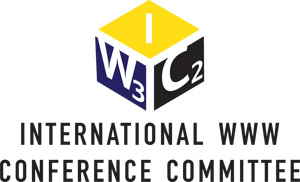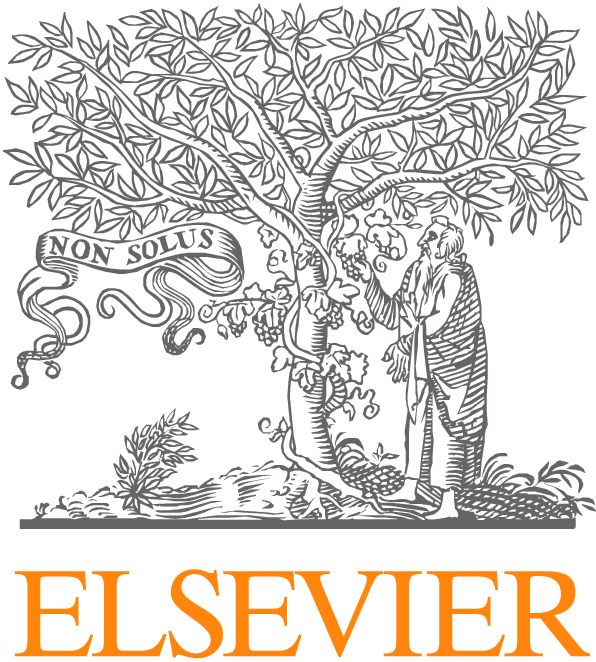Title - The 25th International World Wide Web Conference
Date - April 11 – 15, 2016
Venue - Palais des congrès, Montreal, Canada
Official Language - English
Organized by -
Université du Québec à Montréal (UQAM) | The International World Wide Web Conferences Steering Committee (IW3C2)
 |
The World Wide Web was first conceived in 1989 by Tim Berners-Lee at CERN in Geneva, Switzerland. The first conference of the series, WWW1, was held at CERN in 1994 and organized by Robert Cailliau. The IW3C2 was founded by Joseph Hardin and Robert Cailliau later in 1994 and has been responsible for the conference series ever since. Except for 1994 and 1995 when two conferences were held each year, WWWn became an annual event held in late April or early May. The location of the conference rotates among North America, Europe, and Asia. In 2001 the conference designator changed from a number (1 through 10) to the year it is held; i.e., WWW11 became known as WWW2002, and so on.
The WWW Conference series aims to provide the world a premier forum for discussion and debate about the evolution of the Web, the standardization of its associated technologies, and the impact of those technologies on society and culture. The conferences bring together researchers, developers, users and commercial ventures – indeed all who are passionate about the Web and what it has to offer.
The conference is organized by the IW3C2 in collaboration with Local Organizing Committees and Technical Program Committees. The series provides an open forum in which all opinions can be presented, subject to a strict process of peer review.
The main conference program of WWW 2016 will have 11 areas (or tracks) for refereed paper presentations, and we invite you to submit your cutting-edge, exciting, new breakthrough work to the relevant area. In addition to the main conference, WWW 2016 will also have a series of co-located workshops, keynote speeches, tutorials, panels, a developer track, and poster and demo sessions. The theme of the conference is OUVERT (OPEN in french), which stands for: Open, Ubiquitous, Versatile, Education, Government, Health.
Learn about

